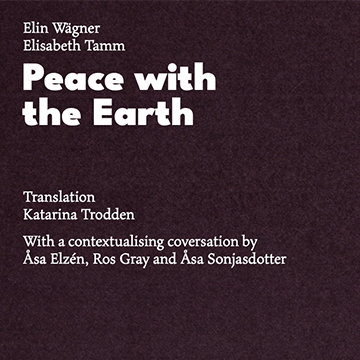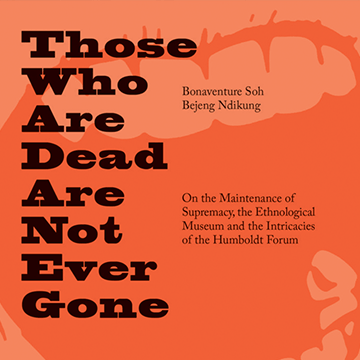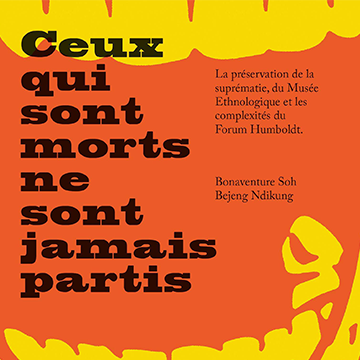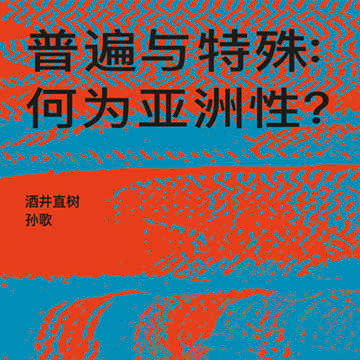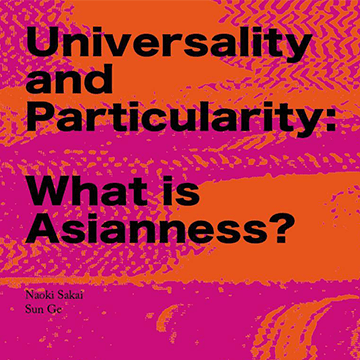Today, after Post-Communism has ended in chaos and confusion, we are entitled to ask: was it a condition, or a transition; a rise or a decline; progression, regression or simply a time-lag? Has it ever shaped its own form of social being, a unique mode of economic production, a politics of its own, a culture? Or was it just another interregnum of history, full of morbid symptoms we cannot get rid of?
Tag: Pamphlet
Not Working
This book is published on the occasion of the exhibition Not Working, Artistic production and matters of class at Kunstverein München from September 12 until November 22, 2020. It includes contributions that form a theoretical, literary, and poetic extension of exhibition bringing together international artists, theorists and writers who in their work examine the interdependence of artistic production and social class.
Peace with the Earth
The pamphlet Peace with the Earth was published by the Swedish suffragettes and peace activists Elisabeth Tamm and Elin Wägner in 1940, after the outbreak of the Second World War. Elisabeth Tamm served as one of the first women in parliament and was an organic farmer. Elin Wägner worked as a writer and activist on matters of women’s rights, peace, and ecology, and was a member of the Swedish Academy. The authors’ observations and proposals connect questions of agriculture to those of custody of land and habitats, where the ‘arrogant desire’ to own land must be overcome.
Those Who Are Dead Are Not Ever Gone
The institution of the ethnological museum seems to be in the midst of a serious crisis of choking. The delicacies that most of these museums have acquired, which is to say co-opted, which is to say ingested, seem to have collectively missed the track to the oesophagus and got stuck in the respiratory tract. They have been stuck there for as long as the history of mass collections, acquisitions and looting, for as long as the ruthless and ongoing extraction of cultural property in the former colonies outside of Europe. A twelve-act essay on the maintenance of supremacy, the ethnological Museum and the intricacies of the Humboldt Forum.
Ceux qui sont morts ne sont jamais partis
L’institution du musée ethnologique semble traverser une véritable crise d’étouffement. Les mets délicats acquis, ou plutôt cooptées, pour ainsi dire ingérées par la majorité de ces musées, semblent avoir été dépistés de la route vers l’œsophage et s’être coincés dans les voies respiratoires. Toutes ces choses y sont coincées depuis l’acquisition, le pillage, de ces objets. En somme, depuis l’impitoyable déracinement des biens culturels qui perdure jusqu’à nos jours dans les anciennes colonies hors d’Europe. Un essai en 12 actes sur la préservation de la suprématie, le Musée Ethnologiques et les complexités du Forum Humboldt.
普遍与特殊:何为亚洲性?
《普遍与特殊:何为亚洲性?》这本小书的出版并非一桩小事。一方面,这本出版物包含了酒井直树教授与孙歌教授近期思想实践的一个小切片。他们共同阐述了亚洲的概念在研究我们的区域历史时可以提供的先验性视角,以及重新审视被广泛接受的普遍性与特殊性的关系中遗漏的一些问题。
Universality and Particularity: What is Asianness?
The publication of this book, Universality and Particularity: What is Asianness?, is not a trivial matter. It contains a small segment from the recent thinking of professor Naoki Sakai and professor Sun Ge. Together they elaborate on the transcendental perspectives that the notion of Asia could provide in terms of entering regional histories, and of re-examining the issues left out in the assumed relationship between universality and particularity.


